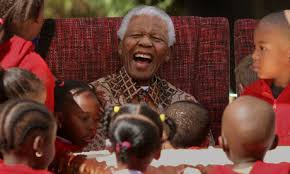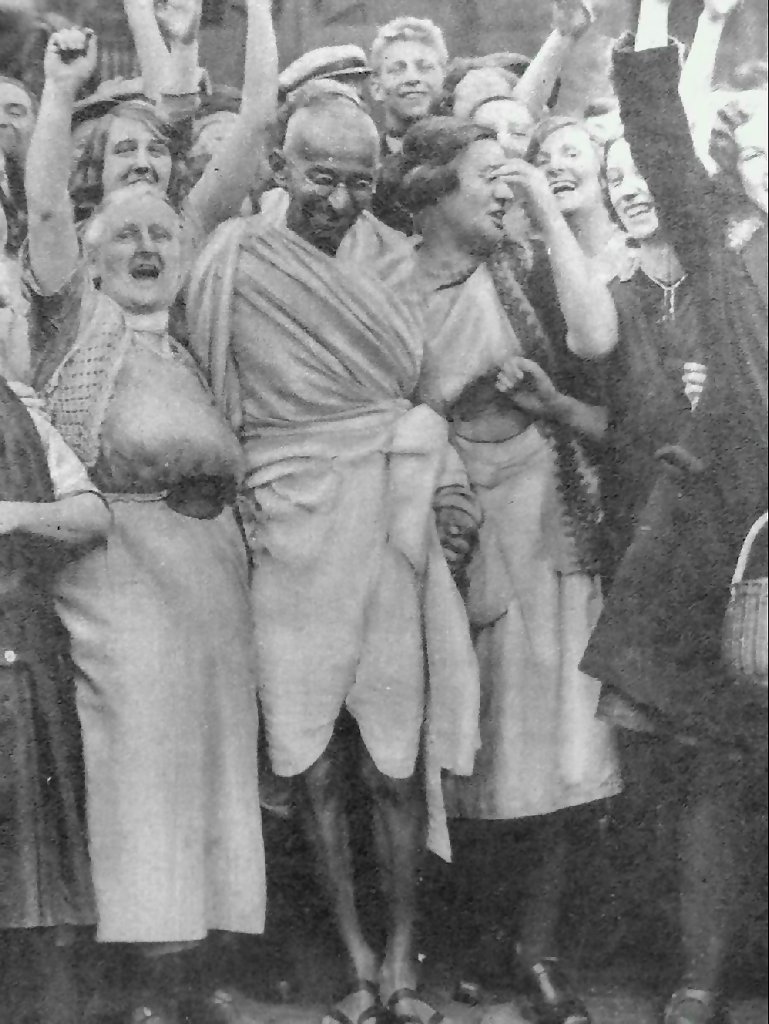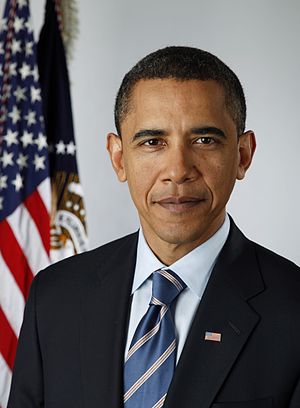France: How Reducing Food Waste is Part of Fighting Hunger
An initiative on the part of the French Ministry of Agriculture creates a link between professionals from the agrifood sector and public charities with the aim of reducing food waste and fighting hunger. It is referred to as the French National Pact against Food Waste.
A practical example: the “donation market”
The “donation market” is an initiative from the French Ministry of Agriculture to create a link between professionals from the agrifood sector and public charities. This idea arose out of the fact that professionals and charitable associations both have difficulty finding contacts, and don’t have time to give away food for free or find donors, says the French government. This public Internet platform responds to these difficulties and is easy to implement. Donors propose the kind of donation they want to make as well as its conditions of use and its transportation on the platform itself. As soon as it is posted on the Internet, all potential “receivers” are alerted by e-mail and can accept it. Donors can propose either food, equipment, transportation or knowledge on the platform.
As well as helping connect people and fighting hunger, this platform is also a way of reducing food waste, as it encourages people to give food rather than to throw it away and to offer extra room in transportation, for example.
Origin of Food Waste and Means of Action
In their Agrimonde and Dualine projects, French researchers from CIRAD, the French Agricultural Research for Development, and INRA, the French National Institute for Agricultural Research, examined possible systems of production and supply to feed the world in 2050. According to them, feeding 9 billion people by 2050 is possible so long as we:
- increase yield in a sustainable way
- reduce waste from field to fork
- manage to change our food habits
They insist on the fact that wasting food also means wasting the energy, soil and water used to produce it, and will in turn be used to destroy the waste. Researchers also make a distinction between food loss, which occurs during the early stage of production (just after the harvest, during the first storage, transport, and first transformation) and which mostly concerns poor countries, and food waste, which is due to consumption habits (at home, in restaurants) or mismanagement of storage in the retail sector. Food waste mostly concerns rich countries. Food waste and food loss of course require different solutions.
To reduce food waste by 50% before 2025, the European Commission has proposed guidelines to Member States:
- to educate people
- to encourage better labeling and packaging
- to ask Member States to favor partnership with responsible catering companies
Examples are also provided, such as:
- to produce a new “sell-by date” label
- to encourage new sizes of packaging for better preservation of products
- to teach children good practices for proper use of food
Key Data
In the European Union, food waste comes from:
- 42% from domestic use
- 39% from the food-industry
- 5% from retailers
- 14% from the catering sector
- every individual wastes 394 lbs. per year
- 89 million metric tons of food are wasted each year in the 27 countries of the EU
To learn more about this subject, here is the French National Pact against Food Waste.
Based on press release from the French Ministry of Agriculture
Related articles
|
|



























